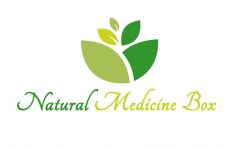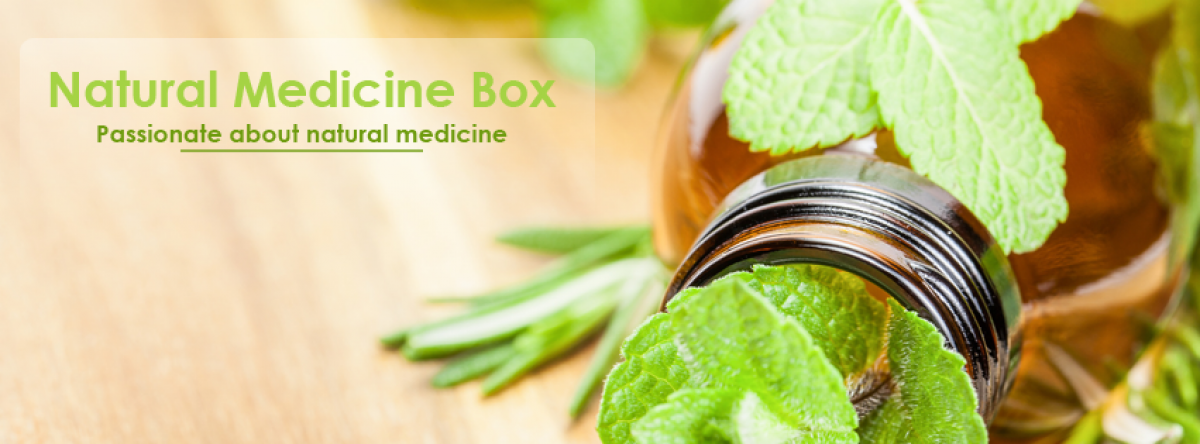1. Garlic and Onions
This is perhaps the safest and easiest way of relieving and preventing allergies. Raw garlic and onion contain high levels of quercetin. Research shows that quercetin is a natural anti-inflammatory and stabilizes cells to help stop the introduction of histamine causing inflammation. Try adding plenty of raw onions to your lunchtime salads. You can also crush two or three cloves of raw, organic garlic and swallow them each morning for allergy protection all day.
2. Bromelain
Not technically an herb, but this works so well it deserves to be on this list. Bromelain is a natural enzyme that is found in the stems of pineapples. Studies show bromelain reduces the production of mucus and swelling of the nasal passages. One study performed in 2012 showed that mice who received this enzyme had significant anti-inflammatory activity in the lungs, which means this enzyme can have some powerful therapeutic value for those who suffer from allergies or asthma. You can buy bromelain extracts in a supplement form at your local health food store.
3. Ginkgo Biloba
Many people think ginkgo is only good for the cardiovascular system and energy but ginkgo has also been shown to have a significant effect when it comes to managing allergies and asthma. Ginkgo has powerful anti-inflammatory compounds and naturally contains seven antihistamines, which make this a natural and effective way to get relief from the symptoms of allergies. Ginkgo also has compounds called ginkgolides, which have been shown in studies to be quite effective in relieving allergies, asthma attacks, and other lung problems. Ginkgolides relive inflammation by killing free radicals and allow more oxygen into the lungs so those who suffer from asthma and allergies are able to breathe more easily. Be sure to buy gingko from a quality source, as many of the cheaper brands, especially those from China, have been found to contain little or no real gingko biloba.
4. Stinging Nettle
Although this plant causes irritation when touched in the wild (hence the name) the leaves of this plant, when consumed through supplements or in tea, are one of the best choices for relieving allergy symptoms. Rich in vitamin K, quercetin, and carotene, singing nettle showed that, in human trials, more than 50 percent of those who took freeze dried nettle extracts confirmed that they found relief from allergy symptoms. Slightly less than half of the participants stated that they found nettle to work the same, or better, than their usual antihistamine. Read more about nettle healthy benefits.
5. Tinospora Cordifolia
Commonly used in India for the relief of allergies and other health issues, a few studies have shown that this herb has the potential to manage and treat common allergies. Subjects that consumed supplements of tinospora cordifolia in tablet form showed that it helped with itching, sneezing, and nasal discharge. One study involved 75 subjects that suffered from either hay fever or allergenic rhinitis. Participants were given tinospora cordifolia and all subjects experienced a significant reduction in typical allergy symptoms.
6. Parsley
More than just a plate garnish or breath freshener, parsley actually arrests the secretion of histamines. Parsley can be consumed fresh, but supplements are also available. Parsley is a diuretic, so if you have any type of medical condition or if you are taking prescription medication, talk to your doctor before consuming parsley. If you are allergic to alder leaf pollen, do not consume parsley.
For another 4 remedies click here
Source: naturalon.com


